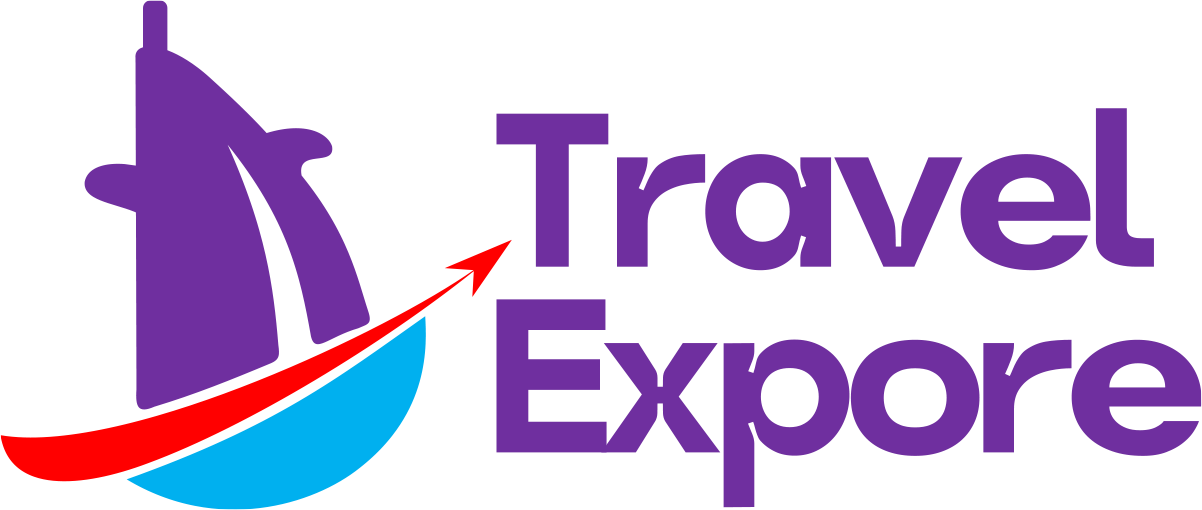Traveling between the UK and EU is about to get a bit more complex. As of April 2025, EU citizens will need to obtain an Electronic Travel Authorization (ETA) to enter the UK. This requirement applies to all EU citizens, including children, and carries a €11 fee. This article unpacks the details of the UK’s ETA system for EU travelers, along with the upcoming implementation of a similar scheme by the European Union.
Key Takeaways:
- EU citizens require an ETA for UK travel starting April 2025. 1. UK to expand ETA scheme to all visitors in 2025 | Business Travel News Europe www.businesstravelnewseurope.com
- The ETA costs €11 and is valid for two years. 1. EU Citizens Travelling to UK Will Have to Pay €11 Authorisation From April 2025 schengen.news
- The UK aims for more robust security checks with the ETA system. 1. UK to expand digital travel to more visitors – GOV.UK www.gov.uk
- The EU plans to introduce a similar ETIAS scheme in Spring 2025. 1. Visas and Borders – ETOA – European tourism association www.etoa.org
Why the Change?
The UK government cites the need for enhanced security checks and immigration control as the reason behind the ETA requirement for EU citizens. This move aims to close a previous gap in advance permissions, allowing authorities a more comprehensive understanding of those entering the UK.
How Does the UK ETA System Work?
EU citizens can apply for the ETA online starting March 5, 2025. The application process is expected to be streamlined, with ETAs typically issued within three days. Once approved, the ETA remains valid for two years, allowing multiple visits to the UK within this timeframe, provided stays don’t exceed 60 days per visit.
The EU Responds with Similar Plan
The concept of visa waiver schemes is not new, with countries like the US already implementing such systems. In response to the UK’s ETA requirement, the EU is also planning to introduce a similar authorization system called the European Travel Information and Authorization System (ETIAS). Expected to launch in Spring 2025, the ETIAS will apply to non-EU travelers who currently don’t require visas to enter the EU. Details surrounding the ETIAS, such as cost and validity period, are still being finalized, but estimates suggest a €7 fee and a three-year validity period.
Staying Informed for Seamless Travel
These upcoming changes to travel regulations between the UK and EU are significant. Staying informed about the application process, fees, and validity periods for both the UK ETA and the EU ETIAS will be crucial for smooth travel experiences.
Traveling between the UK and EU will require some additional planning in the near future. By understanding the details of the new ETA and ETIAS systems, you can ensure your travel plans remain stress-free.





